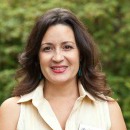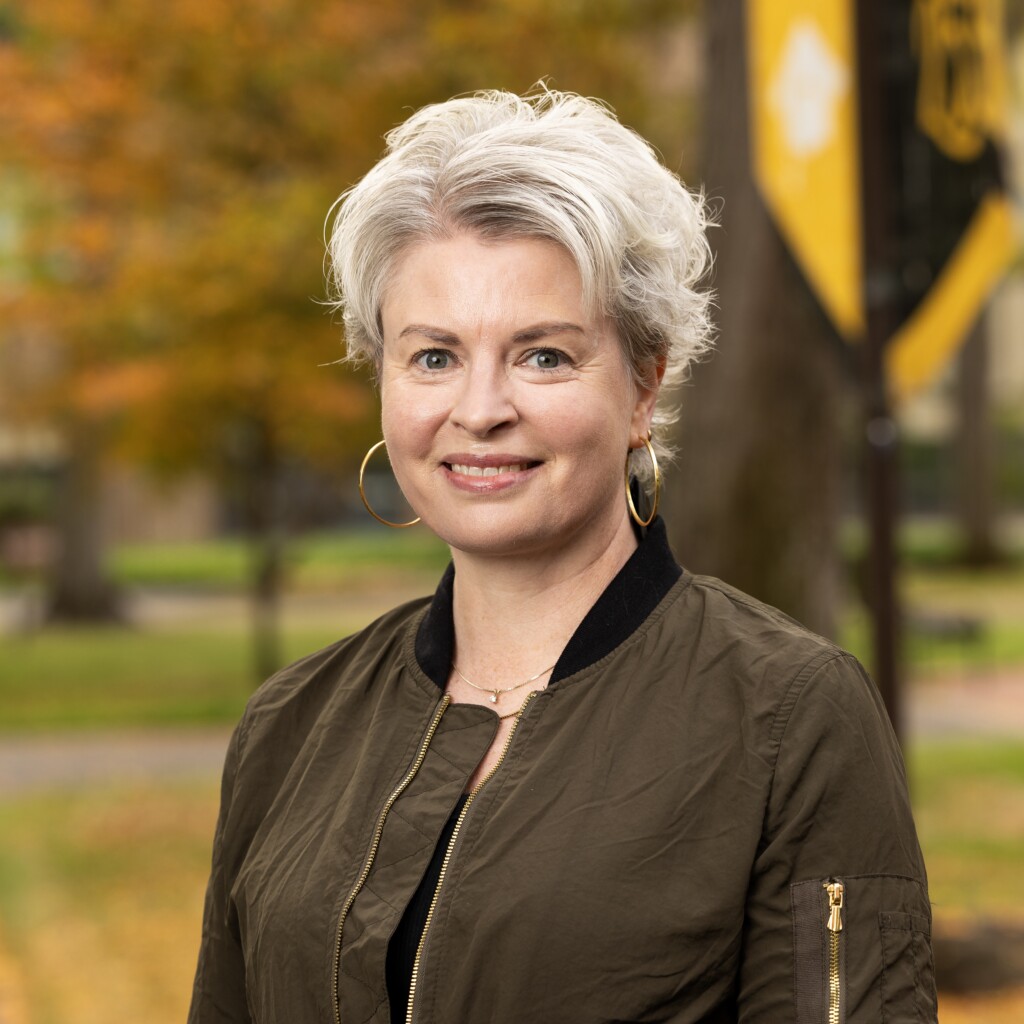Page 22 • (1,154 results in 0.026 seconds)
-
Fr. Charles R. Gallagher, S.J., of the history department at Boston College will speak about his explorations of a heretofore unknown set of intelligence relationships involving Nazi, British, and
Save the Date: Raphael Lemkin Lecture - April 25, 2019 Violence, Espionage, & Anti-Semitism: British & Soviet Spy Ops Against Boston’s Christian Front Organization, 1940-1945 7 p.m. | Tuesday, April 3, 2018 | Anderson University Center – Scandinavian Cultural Center Free and Open to the Public Fr. Charles R. Gallagher, S.J., of the history department at Boston College will speak about his explorations of a heretofore unknown set of intelligence relationships involving Nazi, British, and Soviet
-
Clubs and Organizations There are 82 student clubs on campus! Check them all out here or learn how to start a new one.
Getting Involved at PLUMulticultural Night Event 2009 A fun event full of cultural interactive activities which was hosted by Diversity Center At PLU, we take student involvement seriously. Take a look around you—everywhere you look there are programs happening, clubs meeting, discussion being had. The meaningful intersection of classroom and life is what the college experience is about! Now that you’re here, we think that there are a few clubs, organizations, and activities that you’d be
-
The faculty members involved in the orchestra program recognize both the unique place of the orchestra in western music and its unique role in a comprehensive university music program.
places a special responsibility on the academic orchestra both with regard to the training of musicians and as a cultural resource within the artistic and scholarly community. Therefore, the faculty leaders of our orchestra and its constituent studios recognize the role of the orchestra as… Provider of training and vocational mentorship for orchestral musicians and educators Provider of meaningful artistic experience for student soloists, composers and listeners within the orchestra and throughout
-
PLU School of Business: A Tradition of Excellence and Innovation During the years 1960-1992, dedicated professors Dwight J. Zulauf, Ph.D., C.P.A., and Gondar King, Ph.D.
standards. The IMPACT Award program is generously funded by the King Zulauf Endowed Fund for Business established by Thomas O. Carlson (’65). Mr. Carlson felt strongly that University and community collaboration enriches the PLU experience, and encouraged industry connection opportunities such as the IMPACT Award event to facilitate student and speaker engagement. Dr. Kory BrownApril 4, 2024 │ 7:00pm │ Scandinavian Cultural Center (reception to follow) Retired PLU Faculty Member Dr. Kory Brown strives
-

Associate Professor of Hispanic and Latino Studies | Hispanic and Latino Studies | davidsef@plu.edu | 253-535-7311 | If I had to describe my identity with a Facebook relationship status it would read: “It’s complicated”.
PLU as a Visiting Lecturer of Spanish, an experience which solidified my decision to pursue doctoral studies in Latin American literary and cultural studies. My research examines how Panamanians construct national and racial identities through and against their national symbol and patrimony: the Panama Canal. I also am interested in how the 1989 US Invasion of Panama is included/excluded from canal history, and more specifically, how Panamanians cope with and negotiate the legacy of the invasion
Area of Emphasis/Expertise -
At PLU, four core foundations define the honors curriculum: multidisciplinary approaches historical and internationally focused study intentional intellectual formation and ethical reflection, and
Program is a general education curriculum that brings the disciplines back together so that they work together to build greater insights. In each IHON course – whatever its particular focus – your faculty begins with their particular discipline but then adds and integrates perspectives from at least one or two other disciplines, broadening your viewpoint and theirs. For example: a course on epidemics and epidemiology might be grounded in biology, but include cultural perspectives on epidemics from
-
In the op-ed piece “it’s time to give up whaling” (TNT – 9/16), is Bergman writing to support the special nature of whales, or is he writing to attack Makah Culture? We’d like to make it
“right” way of looking at things. Some non-Makah feel that hunting whales is wrong. They have every right to feel that way. In our society, however, we expect vegetarians to accept the dietary practices of those who eat meat. We do not prohibit the consumption of pork or seafood because some of us believe these foods should not be consumed. Prohibiting Makah whale hunting would be a much more extreme than a mere dietary prohibition, it would deny the Makah a central element of their cultural
-

Professor of Communication | Communication, Media & Design Arts | youngam@plu.edu | 253-536-5165 | Dr.
Pundits: Rhetorical Styles and Public Engagement (Southern Illinois University Press 2014) : View Book Selected Presentations 2015 TEDxTacoma event under the theme “Did you know... ”, Did you know intellectuals are lousy at talking about our work?, Tacoma, WA (April, 2015) Selected Articles Anna M. Young, Justin Eckstein* & Donovan Conley. "Rhetorics and Foodways." Communication and Critical/Cultural Studies Vol. 12(2), 02/12/15: 198-199. Justin Eckstein* & Anna M. Young. "Cooking, Celebrity Chefs
Area of Emphasis/Expertise -
The Intercultural Development Inventory is a 50-item questionnaire available online that can be completed in 15–20 minutes with complete confidentiality.
Intercultural Development Inventory® Is this program right for your organization? The Intercultural Development Inventory assesses intercultural competence—the capability to shift cultural perspective and appropriately adapt behavior to cultural differences and commonalities. Email the program manager to find out more The Intercultural Development Inventory is a 50-item questionnaire available online that can be completed in 15–20 minutes with complete confidentiality. PLU’s Qualified
-
12 semester hours in one of the following six work sectors A. Education 12 semester hours from one of the following areas Biology Chemistry Computer Science Education English Geosciences Math
Justice and Indigenous People D. Agriculture 12 semester hours from any of the following ANTH 368: Edible Landscapes, The Foraging Spectrum BIOL 116: Introductory Ecology BIOL 356: Economic and Cultural Botany BIOL 358: Plant Physiology BIOL 367: Conservation Biology and Management BIOL 368: Ecology BIOL 443: Plant Development and Genetic Engineering BIOL 462: Plant Diversity and Distribution ECON 101: Principles of Microeconomics ENVT/GEOS 104: Conservation of Natural Resources E. Youth in
Do you have any feedback for us? If so, feel free to use our Feedback Form.


